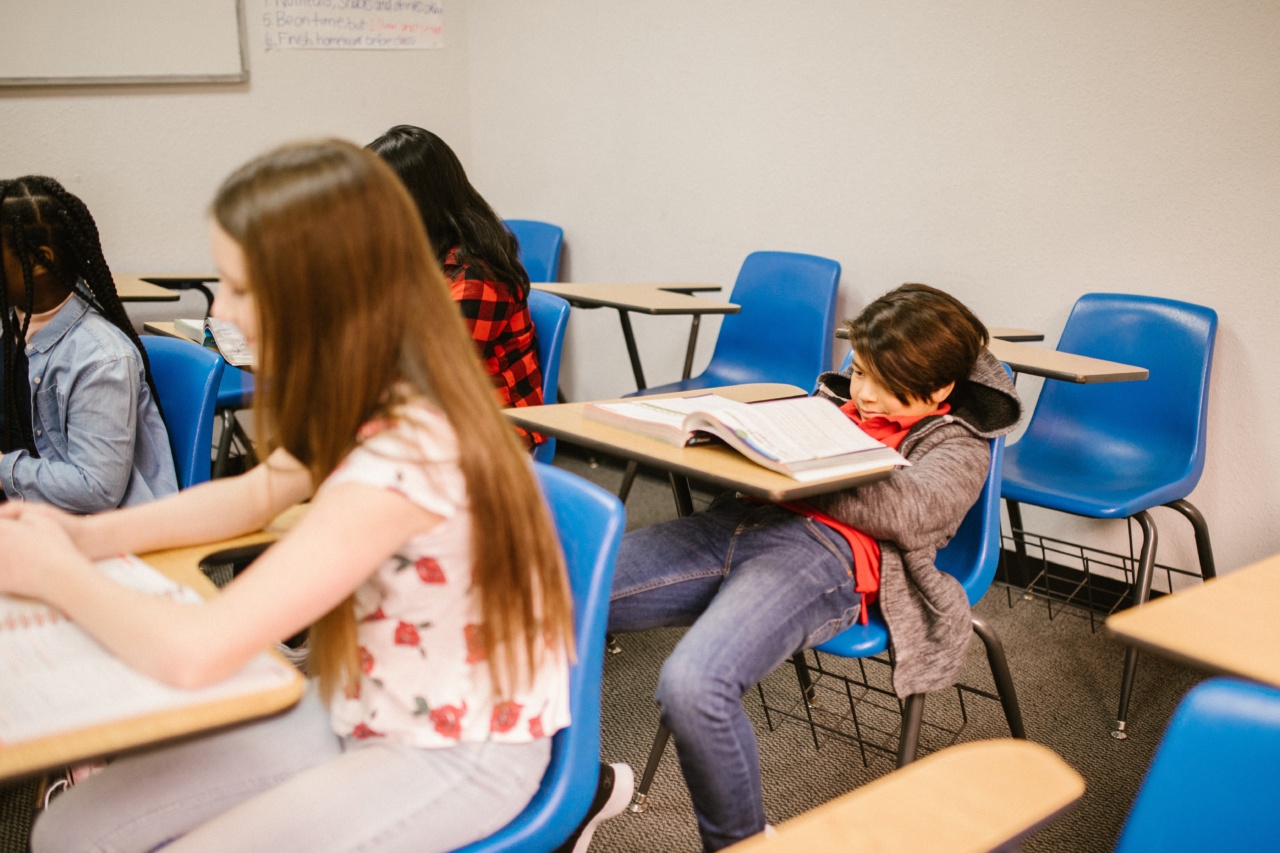Children with learning challenges often struggle with low self-esteem and lack of confidence due to their difficulties in acquiring and processing information.
As parents, educators, and caregivers, it is crucial for us to create a supportive and nurturing environment that helps these children build their self-confidence. In this article, we will explore various tips and strategies that can assist children with learning challenges in improving their confidence levels.
Understanding learning challenges
Firstly, it is important to understand that learning challenges can manifest in various forms. Some children may have difficulties in reading or writing, while others may struggle with math or have trouble with attention and focus.
It is essential to identify the specific learning challenges a child faces to provide them with appropriate support and guidance.
Emphasize strengths and celebrate achievements
One effective way to boost a child’s confidence is to focus on their strengths and celebrate their achievements. By highlighting their talents and abilities, children with learning challenges will feel recognized and valued.
Encourage them in activities or subjects they excel in, such as art, music, or sports.
Set realistic goals
Setting realistic goals is key to building confidence in children with learning challenges. Break down bigger tasks into smaller, manageable steps and celebrate each milestone achieved.
Gradual progress will not only instill a sense of accomplishment but also help children understand that they can overcome challenges with determination and perseverance.
Create a safe and supportive learning environment
A safe and supportive learning environment plays a vital role in boosting the confidence of children with learning challenges. Encourage open communication, active listening, and provide constructive feedback.
Avoid comparisons with other children and instead focus on individual growth and progress.
Teach problem-solving and decision-making skills
Children with learning challenges often struggle with problem-solving and decision-making. By teaching them these skills, we empower them to face challenges independently, which, in turn, boosts their self-confidence.
Encourage brainstorming, explore different solutions, and discuss the pros and cons of each option. Guide them through the decision-making process without imposing your own choices.
Encourage self-advocacy
Self-advocacy is an essential skill for children with learning challenges to develop. Teach them to express their needs and concerns, ask for help when required, and advocate for themselves in a respectful manner.
This ability to self-advocate will not only foster independence but also increase their confidence in navigating through academic and social settings.
Celebrate resilience and effort
Learning challenges often require extra effort and perseverance. Therefore, celebrating a child’s resilience and effort is crucial in building their confidence.
Acknowledge their hard work, praise their determination, and let them know that setbacks are a natural part of the learning process. Instilling a growth mindset will help them see challenges as opportunities for growth and development.
Encourage self-care and stress management
Learning challenges can lead to feelings of stress and anxiety. Encourage children to practice self-care strategies that help them manage these emotions. Teach them relaxation techniques, such as deep breathing or mindfulness exercises.
Promote physical activity and ensure they get plenty of restful sleep. By taking care of their well-being, children will feel more confident in overcoming challenges.
Provide assistive technology and resources
Assistive technology and resources can significantly support children with learning challenges. These tools help level the playing field, allowing them to access information and complete tasks more efficiently.
Introduce appropriate assistive technology, such as text-to-speech software or audiobooks, to assist with reading difficulties. Providing access to additional resources, such as tutorials or online educational platforms, can also enhance a child’s confidence in their learning journey.
Celebrate diversity and promote inclusivity
Lastly, create an inclusive environment that celebrates diversity. Help children understand that everyone learns differently, and having unique strengths and challenges is part of what makes us all special.
Encourage collaboration and peer support, where children can learn from and with each other. By promoting inclusivity, children with learning challenges will feel accepted and confident in expressing their ideas and opinions.



























